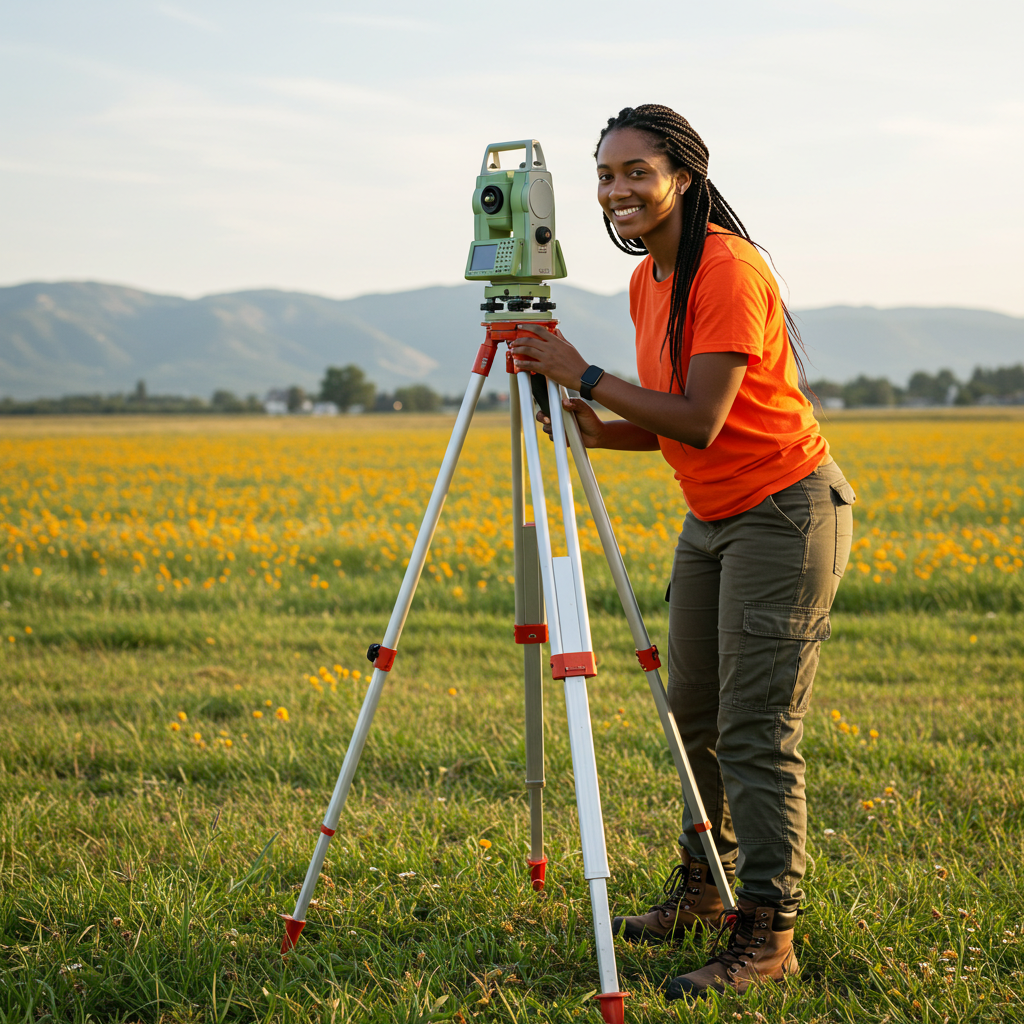
Buying land in Nigeria can either be your best investment… or your biggest mistake.
Every day, people lose millions of Naira to fake land deals, dubious “omo onile,” and fraudulent estate agents — all because they didn’t ask for the right documents before paying.
If you’re thinking of buying land anywhere in Nigeria — whether in Lagos, Abuja, or even your hometown — this guide will save you from costly regret.
Let’s go straight to what matters
1. Certificate of Occupancy (C of O)
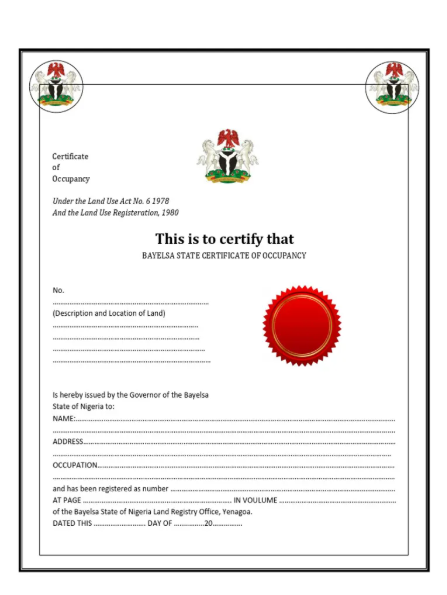
This is the king of all land documents in Nigeria.
A C of O is issued by the state government, proving that the land has been officially allocated and recognized by law.
Why it matters:
It shows the government has approved the land for private use.
It prevents double allocation or land disputes.
It allows you to apply for loans using the land as collateral.
Pro Tip: Always confirm the authenticity of a C of O at the Land Registry of the State where the land is located before paying.
2. Deed of Assignment
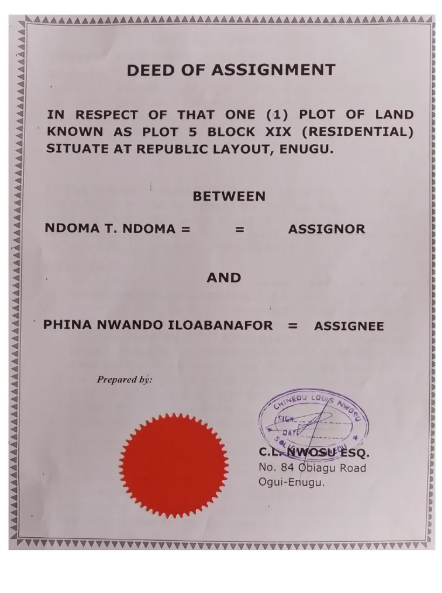
When a landowner sells to you, this document transfers ownership from the seller to the buyer.
It contains details like:
The names of both parties
The description of the property
The purchase price
The date of transfer
Why it matters:
Without a Deed of Assignment, you don’t have a legal record showing that the land now belongs to you.
Important:
After signing, you must register it at the Lands Registry to make it legally valid and recognized by the government.
3. Survey Plan
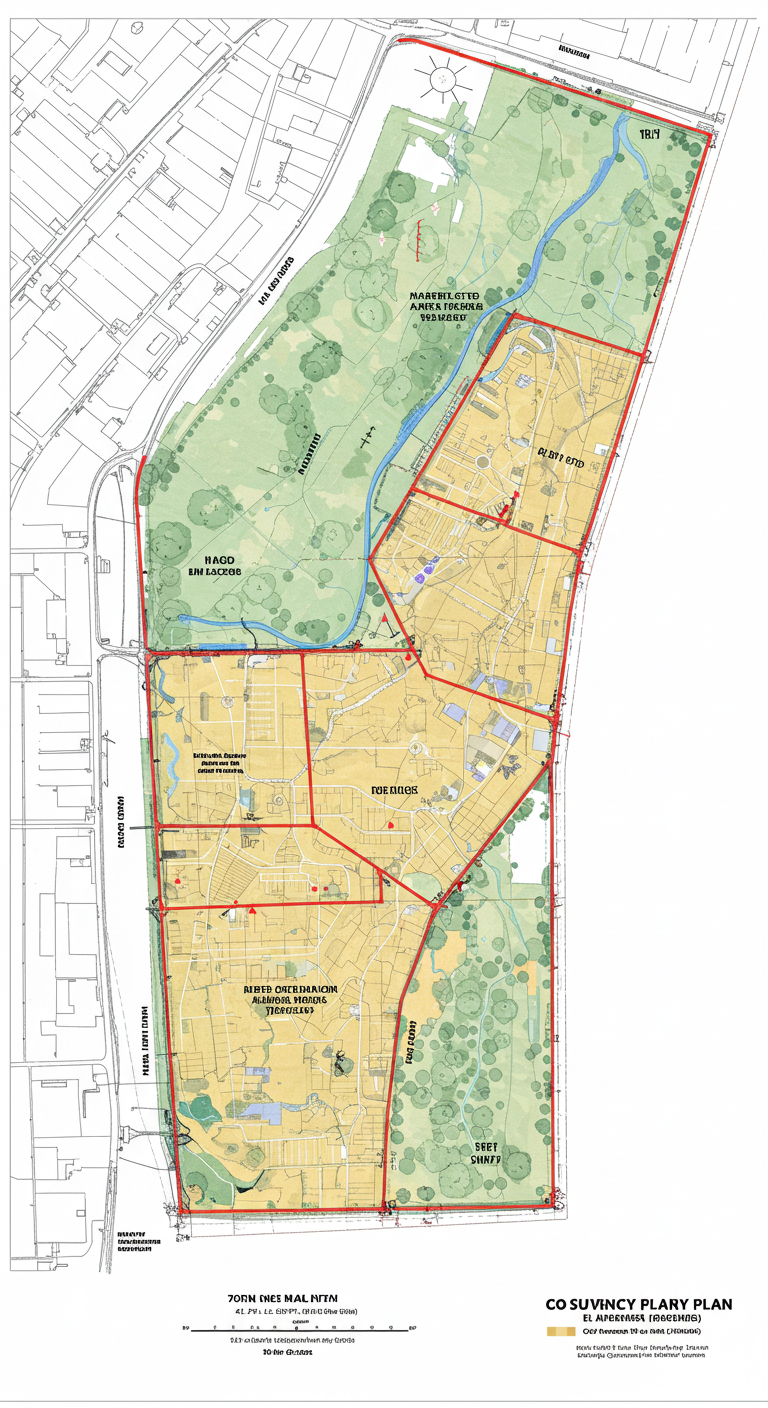
This shows the exact location, size, and boundaries of the land.
It also reveals whether the land is under government acquisition, reserved for public use, or available for private development.
What to look for:
The surveyor’s seal and signature (must be a registered surveyor)
Beacon numbers and coordinates
Whether it falls under “Freehold” or “Acquisition” zone
Pro Tip: Take the survey plan to the Office of the Surveyor General for verification before making payment.
4. Receipt of Payment
This is your proof of transaction — evidence that you paid for the land.
Whether you’re buying from an individual or a real estate company, the receipt should include:
The amount paid
The date of payment
The name of the buyer and seller
Signature of both parties
Never pay in cash without documentation. Always use bank transfers so you have a clear record.
5. Deed of Lease (If Applicable)
Some lands are leased from the government (especially in developed cities like Lagos).
In that case, what you’re buying is the leasehold interest — usually for 99 years.
The Deed of Lease spells out the terms, duration, and renewal process of that lease.
Tip: Don’t be scared of leasehold property — most urban lands in Nigeria are under this arrangement.
6. Governor’s Consent
Even after getting a Deed of Assignment, the Governor’s Consent is what makes your ownership fully recognized by law.
Under the Land Use Act (1978), all lands belong to the government. So, any land transaction must get the Governor’s approval.
Why it’s important:
It legally validates your purchase.
It helps you avoid future disputes or revocation.
It increases the resale value of your land.
Pro Tip: Many people skip this step — don’t! It’s better to process it immediately after buying.
7. Family Land Agreement (If Buying from Omo Onile or Family Land)
If you’re buying from a family, you need an authenticated family land agreement showing all principal members (usually family heads or elders) consented to the sale.
Watch out for:
Only one family member signing (that’s a red flag).
Disagreements among family members — it could lead to court cases later.
Tip: Always involve a lawyer experienced in property law when buying family land.
8. Excision and Gazette (For Land in Lagos and Some States)
Some lands are originally owned by the government but later released (excised) to communities.
If you’re buying such land, check that the excision is approved and recorded in the official Gazette.
Why it matters:
A land that’s not gazetted can still be reclaimed by the government, no matter how much you’ve built on it.
Bonus Tip: Always Conduct a Title Search
Before paying, let your lawyer or surveyor do a land search at the appropriate land registry.
This search will reveal:
The real owner of the land
Whether the land is under government acquisition
If there are pending disputes or encumbrances
It’s a small cost compared to the headache it saves you.
Conclusion
In Nigeria, the real cost of land isn’t just the price you pay — it’s the documents that come with it.
Without the right papers, your dream property can easily turn into a nightmare.
So before you sign or transfer a single kobo, insist on seeing all these documents — and verify them.
Remember: You don’t truly own land in Nigeria until the papers say so.
If you found this helpful...
Share this post with anyone planning to buy land in Nigeria — you might just save them from losing millions.
Related posts:
It usually starts as a simple question, the kind people ask casually but think about deeply. Do you buy a car to make life easier now, or land to secure something bigger for the future? Both feel important. Both cost...
At some point in the home-buying journey, almost everyone faces the same quiet dilemma. Do you choose the order and structure of an estate, or the freedom and independence of a standalone house On the surface, the decision looks simple....

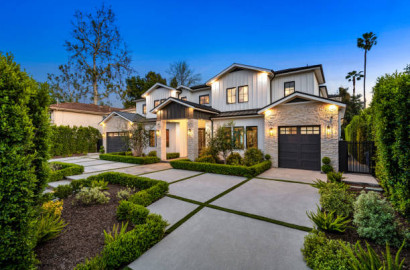
 Land or Car: Which One Should You Buy First?
Land or Car: Which One Should You Buy First?
 Living In An Estate vs Standalone Houses: Which One Is Actually Better?
Living In An Estate vs Standalone Houses: Which One Is Actually Better?
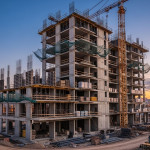 Why Many People Start Building and Never Finish
Why Many People Start Building and Never Finish
 Should You Buy a Home or Build One? A Complete Guide to Making the Right Decision
Should You Buy a Home or Build One? A Complete Guide to Making the Right Decision
 The Best Places to Live in Lagos
The Best Places to Live in Lagos